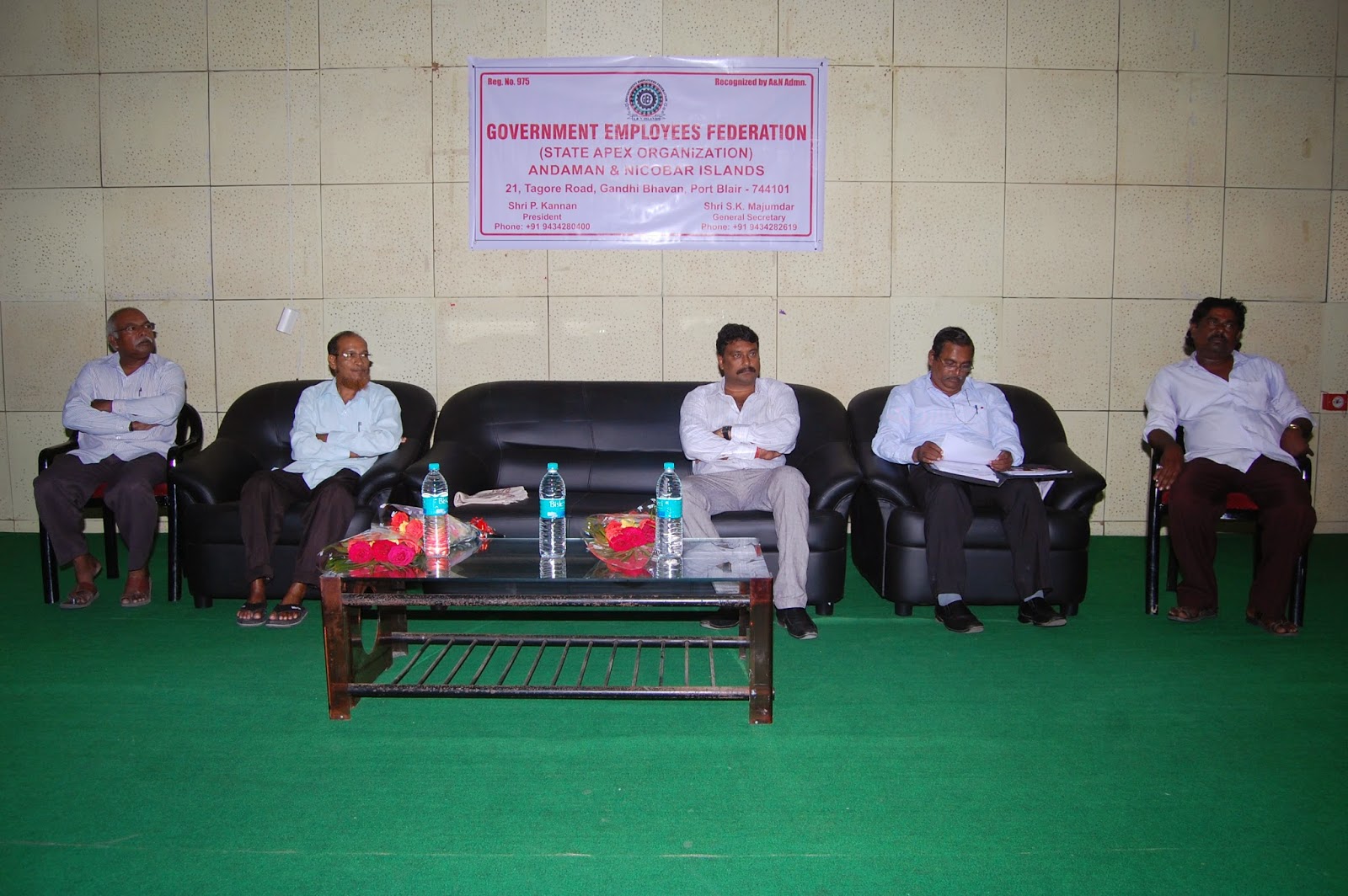No.AB.14017/61/2008-Estt. (RR)
Government of India
Ministry of Personnel, Public Grievances and Pensions
Department of Personnel and Training
New Delhi
Dated :the March 25, 2014
OFFICE MEMORANDUM
Subject: Amendment of Recruitment Rules/Service Rules -regarding.
The UPSC has undertaken an analysis with respect to the Ministries/Departments from whom RR proposals have either rarely been received or not received at all in the Commission during the last three years. From the aforesaid analysis the following conclusions have been drawn by UPSC:
i) There are cases where the Ministries were granted approval by the Commission for filling up the post as a one-time measure, pending finalization of recruitment rules. However, the Ministries have not framed the recruitment rules of such posts as a follow up to the same.
ii) Recruitment Rules are not being amended on a regular basis (every five years) as required as per the norms of DoPT.
iii) Instances have been noticed where the regular posts are filled up by the Ministries/Departments themselves without consulting the Commission, by appointing consultant or by making ad-hoc appointments.
iv) Ministries/Departments have not specified the posts which are exempted from consultation with the U.P.S.C. or taken out of the purview of the U.P.S.C.
2. DoPT instructions contained in O.M. No. 39021/5/83-Estt. (B) dated 9th July, 1985 and OM No. AB 14017/79/2006-Estt.(RR) dated 6th September, 2007 provide that where no Recruitment Rules exist or where the existing Recruitment Rules are repealed as per the prescribed procedure, the option of approaching the UPSC for suggesting one time method for recruitment to the post would be available. Accordingly, Ministries/Departments are advised to ensure that no ad-hoc appointment should be made in the absence of recruitment rules. In case there are overriding compulsions for filling up any Group A or Group B post in the absence of Recruitment Rules, they should make a reference to the UPSC for deciding the mode of recruitment to fill up the post on regular basis.
3. DoPT guidelines on framing/amendment/ Relaxation of Recruitment Rules dated 31.12.2010 vide Para 3.1.5 provide that the Recruitment Rules should be reviewed once in 5 years with a view to effecting such change as are necessary to bring them in conformity with the changed position, including additions to or reductions in the strength of the lower and higher level posts. Further, consequent upon the implementation of 6th CPC recommendations, DoPT vide OM dated 24.3.2009 issued instructions to all the Ministries/Departments to initiate action to amend the existing Service Rules/Recruitment Rules in view of the revised pay structure/merger of pre-revised pay scales/up-gradation etc.
UPSC has observed that many Ministries/Departments are not adhering to these instructions and requisitions are being received from them to operate recruitment rules notified even twenty five years ago. Ministries/Departments are, therefore, once again directed to effect necessary amendments to the Recruitment Rules/Service Rules after following the due procedure of furnishing proposals to the Department of Personnel & Training and the UPSC.
4. Ministries/Departments need to ensure that appointment to all posts are effected as per the provisions in the Recruitment Rules which are statutory in nature and adhere to these instructions scrupulously.
sd/-
(Mukta Goel)
Director (E-I)



















